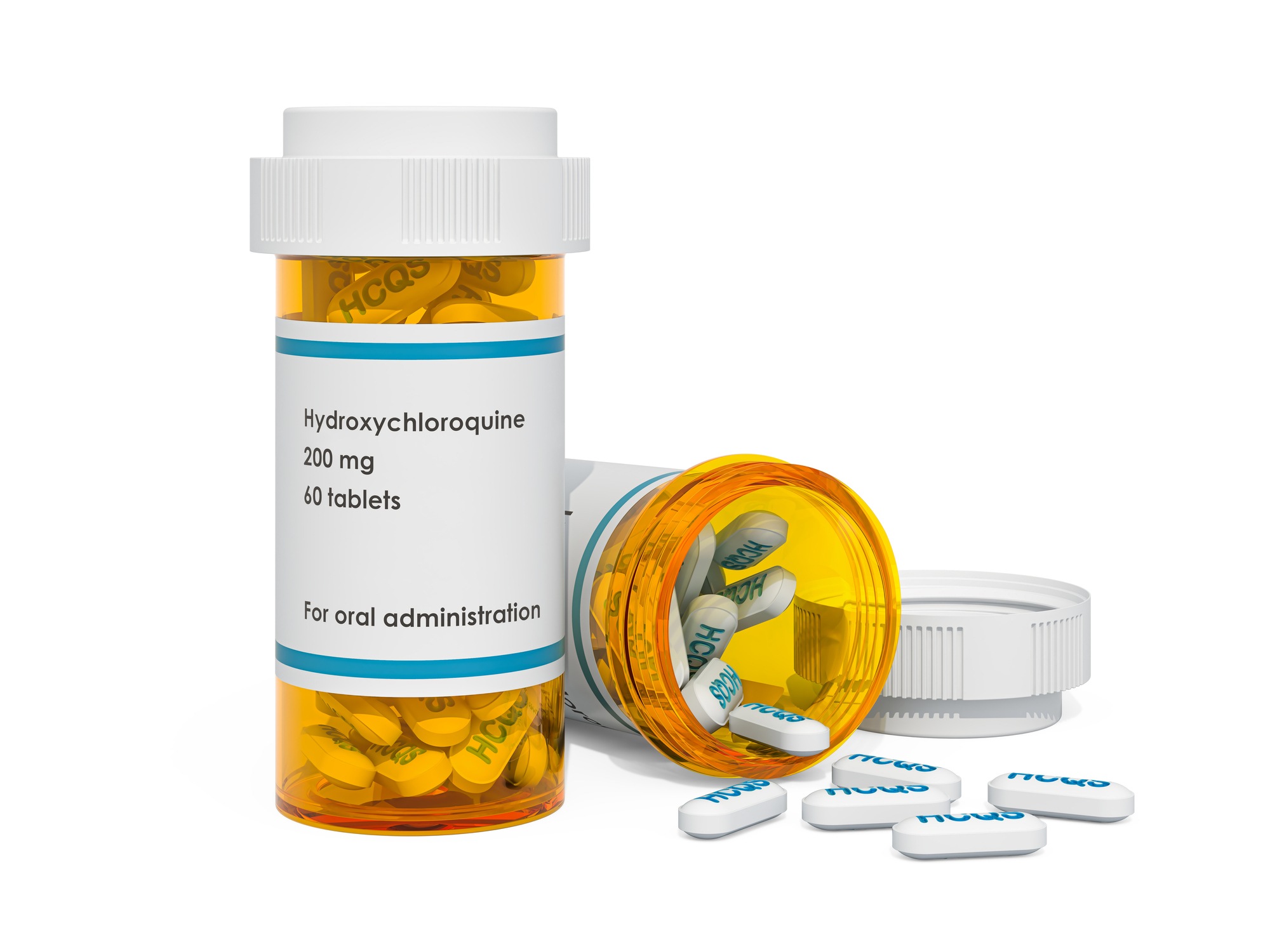
A new analysis of multinational registry data suggests that hydroxychloroquine (or chloroquine) is associated with increased risk for developing ventricular arrhythmias and increased risk for mortality in COVID-19 patients.
“Hydroxychloroquine or chloroquine, often in combination with a second-generation macrolide, are being widely used for treatment of COVID-19, despite no conclusive evidence of their benefit,” the researchers wrote. “Although generally safe when used for approved indications such as autoimmune disease or malaria, the safety and benefit of these treatment regimens are poorly evaluated in COVID-19.”
The team conducted a multicenter registry analysis of hydroxychloroquine or chloroquine used both with and without macrolide for COVID-19 treatment. The 671-hospital analysis included patients hospitalized with positive lab findings of SARS-Cov-2 between Dec. 20, 2019 and April 14, 2020. Patients were given one of the treatment within 48-hours of diagnosis and were split into chloroquine alone, chloroquine with macrolide, hydroxychloroquine alone and hydroxychloroquine with macrolide, and a control group. They excluded patients who took medication more than 48 hours beyond diagnosis, and those on mechanical ventilation. The primary study outcomes were in-hospital mortality and the occurrence of de-novo ventricular arrhythmias. Patients were a mean age of 53.8 years, with 46.3% women.
[do_widget id=mashup_multiwidget-28]
According to the study results, more than 96,000 patients were hospitalized with COVID-19 during the study period. Of those, 14,888 were treated with some combination of study drugs, and 81,144 patients were in the control group). A total of 10,698 (11.1%) patients died in the hospital. The treatments of hydroxychloroquine alone, hydroxychloroquine with a macrolide, chloroquine alone, and chloroquine plus a macrolide were each independently associated with an increased risk for in-hospital mortality when compared to the controls, even after adjustment for confounding factors (age, sex, race/ethnicity, BMI, underlying cardiovascular disease and associated risk factors, diabetes, underlying lung disease, smoking, immunosupressed condition, and baseline disease severity). All four were also independently associated with increased risk for de-novo ventricular arrhythmias during hospitalization.
“We were unable to confirm a benefit of hydroxychloroquine or chloroquine, when used alone or with a macrolide, on in-hospital outcomes for COVID-19,” the authors wrote. “Each of these drug regimens was associated with decreased in-hospital survival and an increased frequency of ventricular arrhythmias when used for treatment of COVID-19.”
Hydroxychloroquine has been in the news recently, touted by President Donald Trump as an effective potential treatment for COVID-19. The study was published in The Lancet.







 © 2025 Mashup Media, LLC, a Formedics Property. All Rights Reserved.
© 2025 Mashup Media, LLC, a Formedics Property. All Rights Reserved.